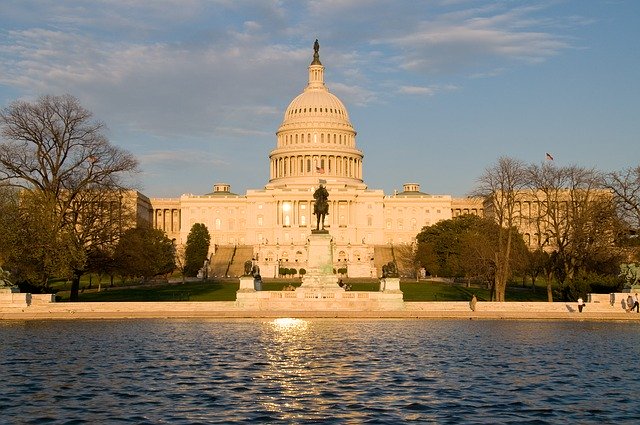
U.S. Senator Jerry Moran, (R-Kan.) will hold a hearing next week on NIL compensation for college athletes. Moran is the chairman of the Subcommittee on Manufacturing, Trade and Consumer Protection. He will convene the Senate hearing — “Name, Image, and Likeness: The State of Intercollegiate Athlete Compensation” — at 9 a.m. Central on Tuesday in the Dirksen Senate Office Building in Washington. A live stream of the event will be available on the Senate’s website.
The Senate hearing will examine ongoing issues that surround compensating collegiate athletes for the use of their name, image, and likeness. Witnesses are also expected to discuss the use of third party agents, current definitions of amateurism, and allowable incentives made available to today’s college athletes.
Here’s a list of the witnesses set to appear:
- Bob Bowlsby, Commissioner, Big 12 Conference
- Mark Emmert, President, National Collegiate Athletic Association
- Douglas Girod, Chancellor, University of Kansas
- Ramogi Huma, Executive Director, National College Players Association
- Kendall Spencer, Chair, Student-Athlete Advisory Committee, National Collegiate Athletic Association
Girod is the only Chancellor on the witness list as of right now. KU director of strategic communications Joe Monaco said it was important for people like Girod to lend their voice to the process of finding solutions that can benefit student-athletes.
“As the leader of a top research institution with a major athletics department, Chancellor Girod is well-positioned to share his thoughts on the evolving landscape of collegiate athletics to help advance the conversation,” Monaco said. “We appreciate Senator Moran inviting KU to be part of this hearing, and we look forward to helping the process however we can.”
In October, the NCAA moved toward allowing college athletes to profit off their stature, voting unanimously to allow them to benefit from their name, image and likeness. The next step for the NCAA will be figuring out how the best enact this with the organization currently functioning under an amateurism model.
The NCAA’s action came one month after California passed a law in September that made it illegal for schools to prohibit their athletes from profiting off endorsements.
This story first appeared in The NightCap, CollegeAD’s evening newsletter. The NightCap delivers the day’s college athletics news in simple bullet points, giving you what you need to know in just a few lines. Get The NightCap today.
